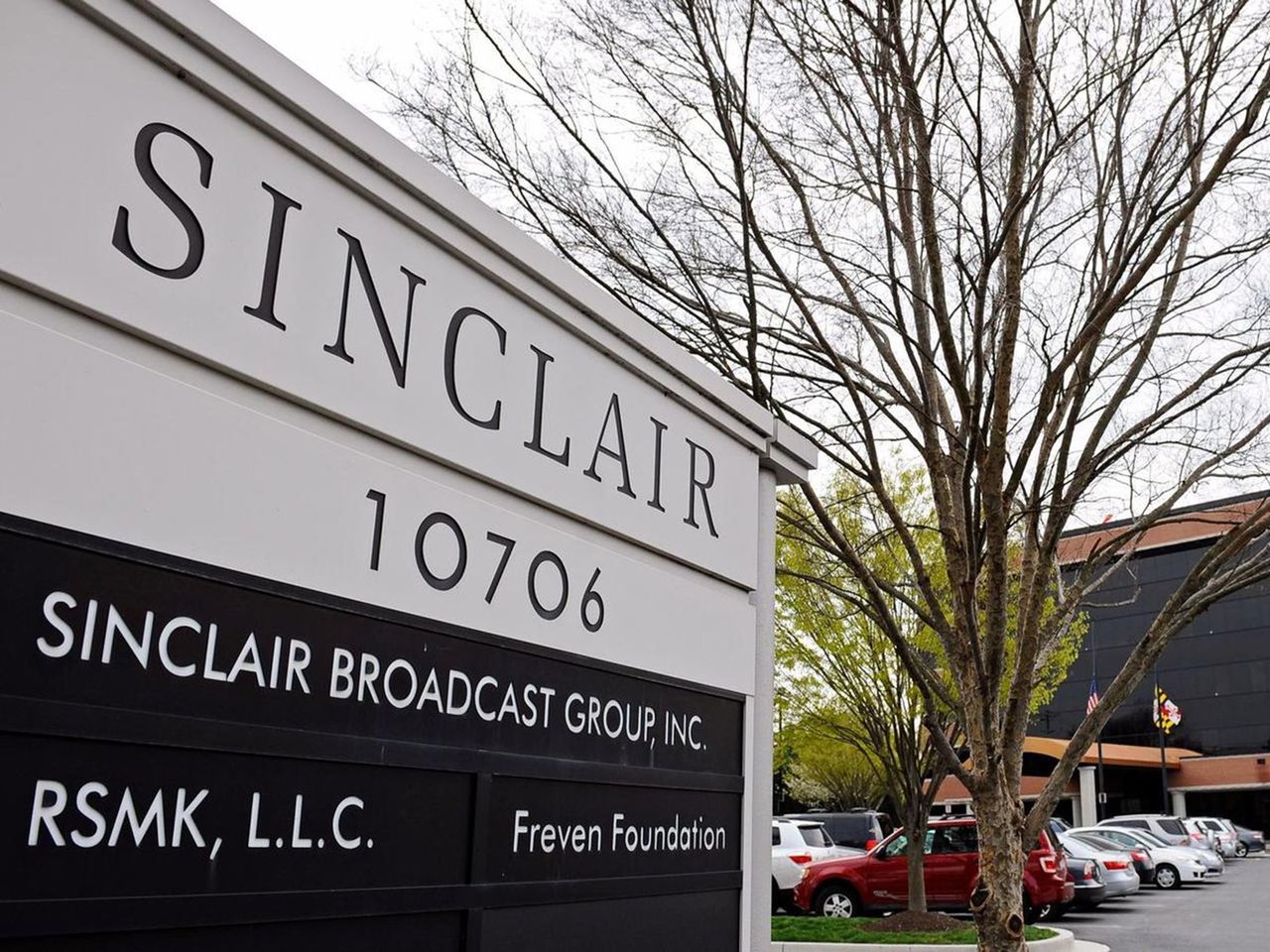As the showdown on Capitol Hill over raising the nation’s debt ceiling unfolds, broadcasters find themselves in the mix as Senate Majority Leader Harry Reid (D-NV) has identified $15 billion in proceeds from the auction of broadcast spectrum in his plan to move Republican and Democrat lawmakers past their impasse and avoid a default on the nation’s debt.
Reid’s plan, unveiled July 25, which would cut $2.7 trillion and give President Barack Obama the $2.4 trillion boost in the nation’s debt ceiling he is seeking, competes with a new plan being offered by House Majority Leader John Boehner (R-OH), which would initially raise the debt limit by $1 trillion and eventually $1.6 trillion while offsetting the increase with spending cuts.
Television broadcasters, who have been identified by the Obama Administration’s FCC as a likely source of as much as 120MHz of spectrum to meet future wireless broadband Internet demand, earlier this month were encouraged by draft legislation authorizing voluntary incentive auctions that offered a degree of protection on key issues of concern.
Reid’s plan, which identifies a variety of savings and revenue sources ranging from savings made by winding down the Afghanistan and Iraq wars and cuts in agriculture subsidies, has sounded the alarm bell at the National Association of Broadcasters, which only a few days ago asked a House subcommittee to beef up language in draft spectrum legislation to direct the FCC to preserve viewer access to stations “to the maximum extent possible.”
"NAB is deeply concerned about provisions currently in Senate Majority Leader Reid's legislation that would threaten the future of a great American institution — free and local television,” said NAB Executive VP of Communications Dennis Wharton in a statement on the association’s website. “We will work with him as the process moves forward in hopes that our issues can be addressed."
The NAB reportedly is concerned that Reid’s plan would potentially put in jeopardy replication of signal contours in any spectrum repacking plan carried out by the commission and threaten the ability of broadcasters to innovate in their use of spectrum.
The professional video industry's #1 source for news, trends and product and tech information. Sign up below.
Phil Kurz is a contributing editor to TV Tech. He has written about TV and video technology for more than 30 years and served as editor of three leading industry magazines. He earned a Bachelor of Journalism and a Master’s Degree in Journalism from the University of Missouri-Columbia School of Journalism.

